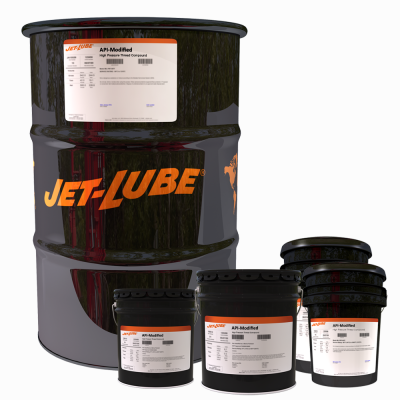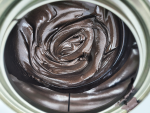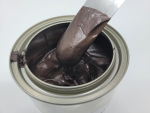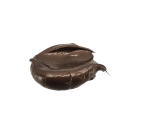API-Modified™ High Pressure Thread Compound
A high-pressure thread compound that conforms to or exceeds the requirements of API RP5A3. API-MODIFIED is a lithium based thread compound. API-MODIFIED contains rust and oxidation inhibitors blended with Jet-Lube's base grease compounded from custom-refined, low-sulfur oil to ensure brushability over a wide temperature range. It tenaciously adheres to all surfaces, resists water washout, and prevents rust and corrosion. API-MODIFIED reduces friction in the makeup of casing and tubing, preventing galling and wear. Maximum thread engagement is ensured, providing optimum leak resistance. API-MODIFIED contains inhibitors that provide maximum protection against rust and corrosion of threaded surfaces. Its conductivity reduces the possibility of electrolytic corrosion by preventing the formation of galvanic cells in the presence of salt water and other corrosive fluids.
<h3>Applications</h3>API-MODIFIED is specially formulated for use on API casing (i.e. buttress & 8-Round), tubing connections, line pipe, flow lines, subsurface production tools, tank batteries, and will lubricate, seal and protect threaded connections of oilfield tubular goods on makeup, in service, and in storage. It is also approved for most proprietary mechanical seal connection designs.
- Not recommended for rotary shouldered connections.
The maximum operating temperatures are based upon connection designs. For API connection designs the maximum operating temperatures can be used with certain connections up to 400°F (205°C). Please consult the connection manufacturer before using on mechanical seal connection designs where the temperature limits may be much higher.
Benefits
- Additives for rust and corrosion protection
- Brushable over a wide temperature range
- Tenacious adherence to all surfaces
- Leak prevention to 10,000 psi on API Connection designs and higher on mechanical seal connection designs
- Sticks to wet and oily threads
Specifications
-
Base Materials
- Lithium
-
Friction /
Nut-Factor- Friction Factor (API RP 5A3) 1.0
-
Certifications
- Conforms with API 5A3 for use with casing, tubing, and line pipe.
- ENVIRONMENTAL RATING:
- - Denmark PR#: 2391739
- - UK CEFAS Group B
- - Norway SFT/Nems Black



